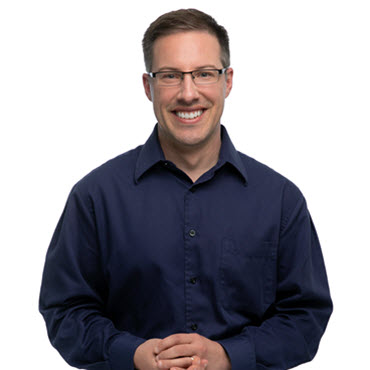
One of our clients, a longtime market researcher, was increasingly overwhelmed by her organization demanding new insights and the explosion of potential new data sources and research methods. On top of that, years of reorganizations left her research group with lower staffing and budget than it had in its heyday in the 1990s. With all this change, she didn’t know how her group would do what it’d always done to support the organization, let alone deliver on the promise of “research innovations” that her internal clients were asking her about. She came to us overwhelmed and unsure what to do next. Together, we answered a few specific questions that helped our client find the right way forward for herself and her organization.
Why conduct research at all?
The fundamental job of market research is to help an organization understand how its actions impact customer behavior. That behavior manifests in customer perceptions such as brand appeal or satisfaction and in actions like purchasing decisions. The challenge is that customers are people. And people are inherently complex and often unpredictable. The organization acting the same way to the same customer on two different days may elicit different behavior.
By getting clarity on this fundamental job of market research, the key question our client started using to filter her and her team’s work was:
How does this better help my organization understand how our actions influence customer behavior?
This question can be applied across data sources—does this variable tell us something new? Are there supplemental sources that can help us understand say-do gaps? It can also be applied across research methods—does this approach provide deeper insight into something we don’t fully understand about the action-behavior link?
Now what?
Research is only the first step in helping an organization really understand how its actions impact customer behavior. Our client and her team needed to use the research results to form a hypothesis about how actions will influence customers. As a scientist would, they began testing their hypotheses in the real world.
While many busy researchers move on to the next thing without testing their hypotheses, it is absolutely critical to ensure that the hypothesized action-behavior link actually exists in order for research to truly deliver value to the organization. Because people are complex and unpredictable, it is rarely the case that an action produces a specific behavior 100% of the time. Developing and testing hypotheses allowed our client to identify gaps in her organization’s understanding of how its actions influence customers and then fill those gaps via additional research.
These two insights allowed our client to significantly increase the strategic value that her research group delivered to her organization. We worked together with our client to focus on the questions, datasets and methods that actually mattered and ensured that research deliverables produced the desired outcomes for the business.
If you’d like to discuss how we can help you make a similar transformation in your business, please send us a note.








